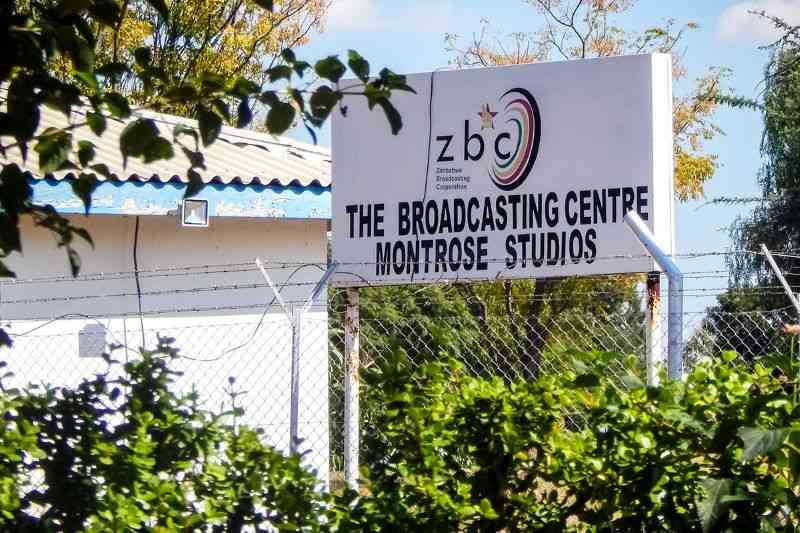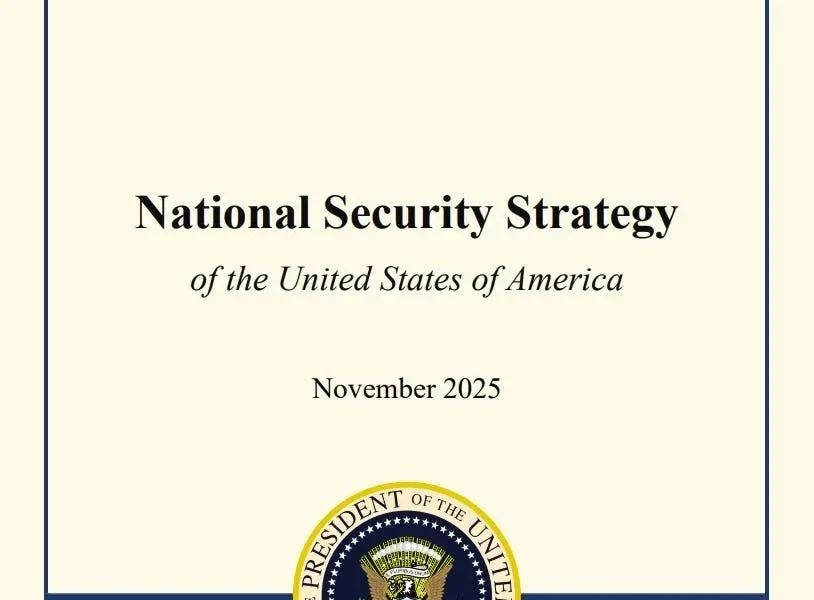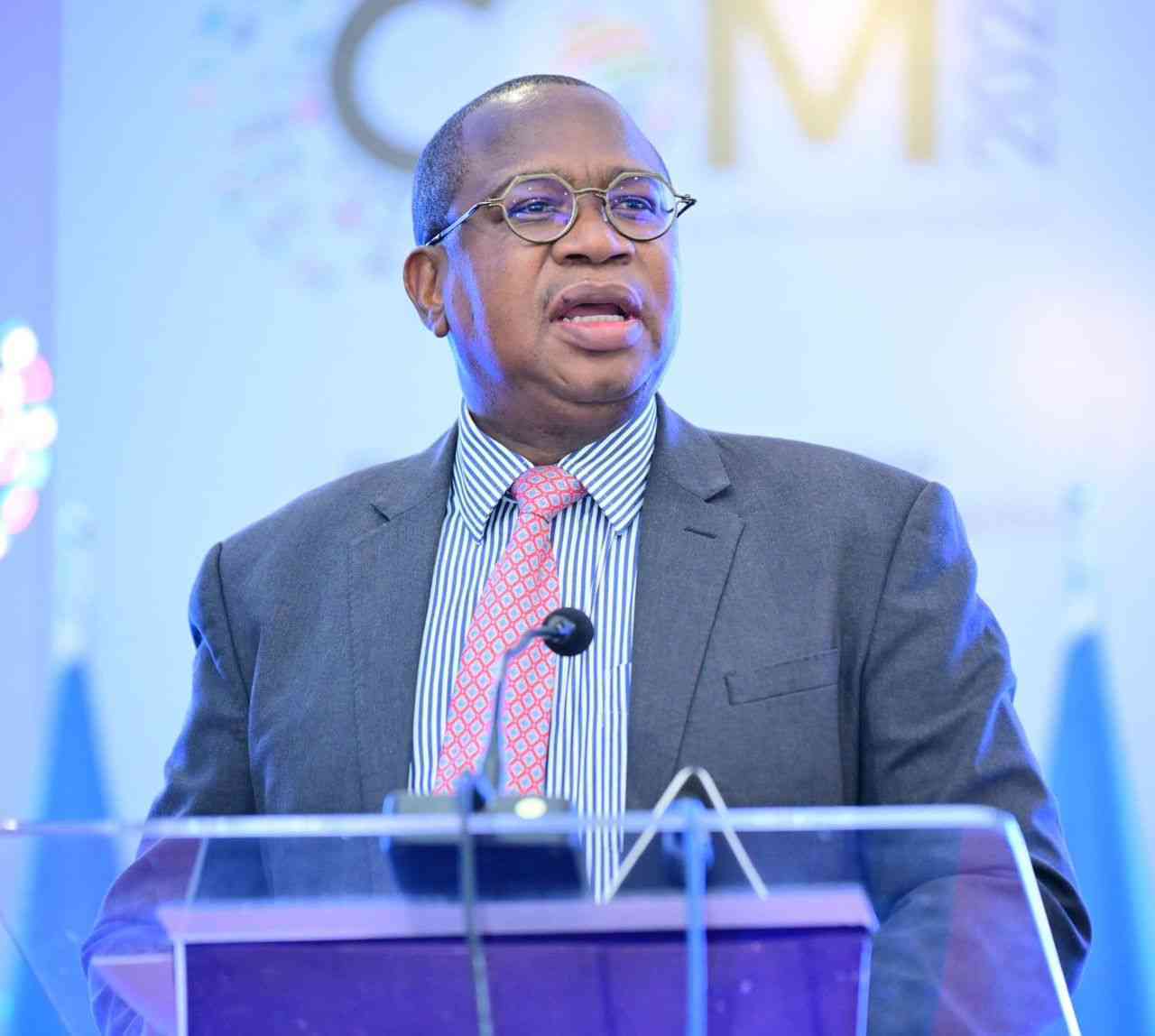
The Parliament of Zimbabwe will, as part of this year's legislative agenda, consider amendments to the Broadcasting Services Act (BSA), the law that sets out the regulatory framework of the country's electronic media.
That the law is being amended is a welcome development as not only were some of the provisions archaic to serve any meaningful purpose in the digital age, there is also need to reform the broadcasting regulatory framework to ensure a plural, diverse and sustainable electronic media sector.
The policy intentions of regulating broadcasting services in this digital age are different from an era where transmission services were a finite resource that required legal parameters to evenly distribute frequencies.
This is not to suggest that digitisation and the advent of the internet have sufficiently satisfied the market and citizens needs for radio and television services. Far from it.
What the technological revolution has been able to transform is the focus of what needs to be regulated and how best can the framework reflect on the societal realities and diversities.
From the legislative intent by the government, as reflected in the publicised cabinet principles to amend the BSA, the focus seems to be on license fees collection modalities by the Zimbabwe Broadcasting Corporation (ZBC) from motorists.
The law already makes it mandatory for every person with a receiver to annually pay licence fees to the state-owned broadcaster.
The law didn't envisage that people are going to be receiving ZBC transmission from their wrist watches and fridges, just to mention random devices that people are using to access radio and television.
- Moyo speaks on discovering Mai Sorobhi’s talent
- War vets demand Parly seats
- 1989 hit song evokes Gukurahundi debate
- Govt to review suspended contracts as Zimdollar shortage bites
Keep Reading
But the prime targets in license fees collection for the ZBC has been motorists, particularly at roadblocks.
The proposed amendments now seek to circumvent the cat and mouse situation of motorists and law enforcement agencies at roadblocks by making it mandatory to have secured a ZBC license before one can be issued with insurance and the motor vehicle license.
This administrative injustice on motorists is unfortunately being pitched as the highlight of the reforms to the BSA.
In theory, it is indeed prudent for citizens to pay taxes towards sustaining the public broadcaster, not only on the basis of it being a public good but on account that it is the only media that is compelled to mirror society in its broad and diverse sense.
The establishment of state and/or public media unlike independent and private players is not profit driven and the content should be as reflective of citizens' vast interests and persuasions, which should be reproduced unaltered to protect other people's rights and satisfying other professional obligations.
The funding models vary from one state to another, with others using the income tax model, where fees payable to the public broadcaster are deduced from income regardless of the question of owning a device to access.
Others use a model where you pay for the fees upon procuring the device or receiver, which could be a fair enough model in more formalised economies.
Yet most states use the license fees model, where the onus is upon the receiver to meet this tax obligation.
The licence fees would be a bare minimum requirement, with public broadcasters going as far as providing premium content for additional subscription fees.
My understanding is that the ZBC is working on such a model with content creators for viewers interested in accessing higher premium entertainment viewing.
That the ZBC has failed in fulfilling the constitutional and professional obligation of impartiality, diversity and accessibility is no longer a moot question.
The way the broadcasting stable has been configured since independence and how it is an extension of the conflated state structures makes it difficult to accept views contrary to the ruling ideas and policies.
These are systems established as the soft power of the colonial regime that were not dismantled but sustained to serve the interests of the new custodians of power.
Where this power is in general contradiction with the citizenry, tax measures become punitive and the obligation becomes more a legal imperative than a legitimate fulfilment of a need and right that would have been satisfied.
We await to engage with the actual texts of the provisions but the cabinet principles suggest an administrative injustice on motorists, having to bear the burden of paying without service or access on the basis of just owning a receiver.
The injustice of multiple taxation, paying for a reserve car or a pool of cars just by virtue of owning them.
Parliament should reconsider this legislative intent by the executive, more so bearing in mind that the configuration of the Zimbabwean broadcast media requires broader investment and recapitalisation beyond just the state-owned media.
Community radio stations for example, are non-profit instutions with the public service mandate to service areas with minimum access to ZBC, transmitting in local languages and creating a platform for the growth of our cultural industries. Yet there are facing existential challenges months into operation.
The situation is the same for private players, those already in the market and those that would want to invest in the sector.
They too need to be beneficiaries in one way or the other of a broader broadcasting fund that will ensure diversity and curtailing the monopoly of the ZBC, which the national broadcaster enjoyed for more than three decades.
The priorities for reforming the BSA need to be redefined from merely funding of the state broadcaster.
The focus should be on changing the structure and composition of the regulatory authority to enhance transparency in the appointment process of the board and key officials, enhance independence from the parent ministry and ensure gender equality in the operations of the authority.
There is need to ensure a roving licensing process, which is predetermined by law and that is predictive.
Foreign direct investment into the sector must be allowed by permitting locals to partner with foreigners in co-owning broadcasting services and encouraging donations and partnerships that grow the broadcast sector.
The broad restrictions for community radios from broadcasting political content must be reviewed and a service charter guiding the operations of the ZBC must be included in this reform process.
The BSA needs to be an evolving document that takes into account the technological revolution and create a policy framework for innovation, embracing and protecting the media from Artificial Intelligence tools as an example.
We are living in a fast paced world, confronted with daily new realities that laws such as the BSA can respond to as part of the media law reform process and as adaptation mechanism to this reality.
The amendments to the BSA must serve as an opportunity to refocus our regulatory framework, from prioritizing the administration of license fees for the state broadcaster to more nuanced focus on areas that will grow the broadcasting sector to attract investment and spoil citizens for choice.
*Nigel Nyamutumbu is a media development practitioner serving as the coordinator of a network of media professional associations and support organizations, the Media Alliance of Zimbabwe (MAZ). He can be contacted on [email protected] or +263 772 501 557










